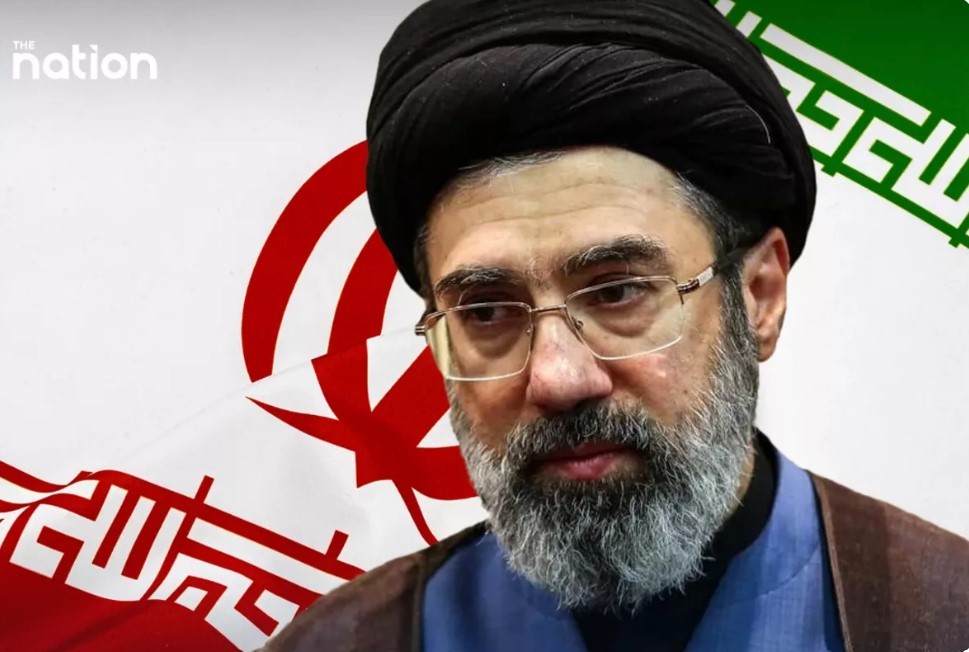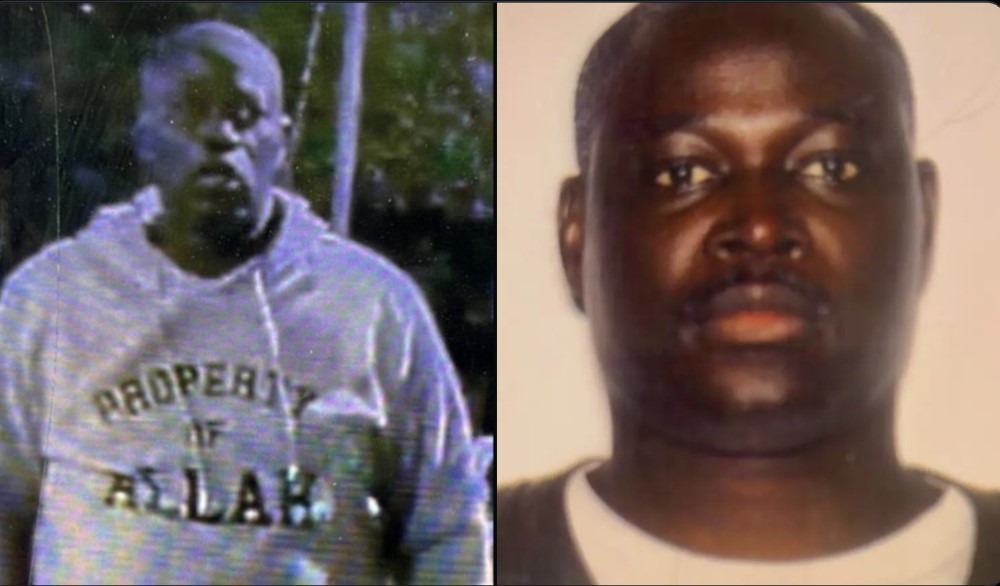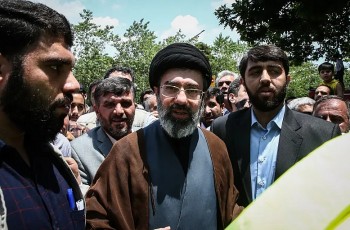When Will JFK, RFK, And MLK Jr. Files Be Released? Within 15 Days or 45 Days?
 Top 10 Failed Assassination Attempts In The World Of All Time Top 10 Failed Assassination Attempts In The World Of All Time Keep reading the article beloww for the list of top 10 failed assassination attempts in history. |
The release of classified files related to the assassinations of John F. Kennedy (JFK), Robert F. Kennedy (RFK), and Martin Luther King Jr. (MLK) has been a source of public intrigue and debate for decades. These high-profile murders shaped the trajectory of American history, and the lingering questions surrounding them continue to fuel conspiracy theories and calls for transparency.
 |
| When Will JFK, RFK, And MLK Jr. Files Be Released |
The History of the JFK Files: Within 15 Days?
The assassination of President John F. Kennedy on November 22, 1963, in Dallas, Texas, remains one of the most controversial events in modern history. Lee Harvey Oswald, a former U.S. Marine with ties to the Soviet Union and Cuba, was arrested for the crime but was killed two days later by nightclub owner Jack Ruby. The Warren Commission’s conclusion that Oswald acted alone has been widely questioned, giving rise to countless theories involving foreign governments, organized crime, and even U.S. intelligence agencies.
In response to growing public distrust, Congress passed the President John F. Kennedy Assassination Records Collection Act of 1992, requiring the release of all documents related to JFK’s assassination. This act created the Assassination Records Review Board (ARRB), which oversaw the release of millions of pages of records by the late 1990s. However, some documents were withheld due to national security concerns.
In 2017, President Trump authorized the release of additional JFK assassination files, but at the request of intelligence agencies, several documents remained classified. These agencies argued that disclosing certain materials could compromise sources, methods, or ongoing operations. This decision frustrated historians and the public, who had anticipated full transparency.
Now, with Trump’s 2025 executive order, the remaining JFK files are set to be declassified. According to the order, the Justice Department and the Office of the Director of National Intelligence must prepare a plan for the full release of these documents within 15 days. This timeline suggests that the long-awaited records could begin to surface by February 2025.
The RFK Assassination and Its Controversy: Within 45 Days?
The assassination of Senator Robert F. Kennedy on June 5, 1968, came just five years after his brother’s death. RFK was shot at the Ambassador Hotel in Los Angeles shortly after delivering a victory speech for the California Democratic primary during his presidential campaign. Sirhan Sirhan, a Palestinian Christian, was arrested at the scene and later convicted of the murder. He claimed that his actions were motivated by RFK’s support for Israel during the Six-Day War.
Over the years, doubts have emerged regarding Sirhan’s role as the sole perpetrator. Some witnesses and forensic experts have suggested the presence of a second gunman, citing discrepancies in the number of bullets fired and the angles of the shots. Robert F. Kennedy Jr., RFK’s son, has been a vocal advocate for reopening the investigation, arguing that his father’s murder may have involved a broader conspiracy.
Trump’s executive order includes provisions for declassifying files related to RFK’s assassination. These documents are expected to provide greater clarity on Sirhan’s activities, possible additional suspects, and the investigations conducted by law enforcement and intelligence agencies. The order gives federal authorities 45 days to prepare for the release of these records, meaning they could become public by March 2025.
The MLK Jr. Assassination and FBI Controversy: Within 45 Days
Dr. Martin Luther King Jr., the iconic leader of the civil rights movement, was assassinated on April 4, 1968, in Memphis, Tennessee. James Earl Ray, a fugitive and career criminal, was arrested and pleaded guilty to the murder, but later recanted, claiming he had been set up. This recantation, along with evidence of FBI surveillance and harassment of King, has fueled suspicions that the government may have played a role in his death.
Under the leadership of J. Edgar Hoover, the FBI had a contentious relationship with Dr. King, viewing him as a subversive threat. Declassified documents have revealed the bureau’s efforts to discredit King, including an infamous letter allegedly encouraging him to commit suicide. Critics have long argued that the FBI’s hostility toward King raises serious questions about whether the bureau’s actions were limited to surveillance or extended to complicity in his assassination.
The 2025 executive order also calls for the release of documents related to MLK’s death. These records could include previously undisclosed FBI files, internal communications, and details about Ray’s arrest and conviction. Like the RFK records, the MLK files are expected to be released within 45 days, potentially in March 2025.
Why Have These Files Been Withheld for So Long?
The delay in releasing the full records for these three assassinations is primarily attributed to concerns over national security, intelligence operations, and the protection of informants. In the case of JFK, for example, some documents are believed to contain information about U.S. efforts to assassinate foreign leaders, such as Fidel Castro, or details about covert operations during the Cold War. Similarly, the RFK and MLK files may include sensitive information about surveillance programs, informants, or political strategies that officials have deemed too risky to disclose.
Critics, however, argue that withholding these documents only fuels public suspicion and conspiracy theories. The lack of transparency has eroded trust in government institutions and left many questions unanswered. By ordering the release of these files, Trump’s administration aims to address these concerns and promote accountability.
What to Expect From the Upcoming Releases
The forthcoming release of these documents is expected to generate significant public and scholarly interest. While it is uncertain what the files will reveal, there are several key areas of focus:
-
JFK Files: Researchers hope to gain insight into Lee Harvey Oswald’s connections to the Soviet Union and Cuba, as well as the CIA and FBI’s knowledge of his activities. The files could also shed light on Jack Ruby’s ties to organized crime and whether there was any coordinated effort to silence Oswald.
-
RFK Files: The documents may provide evidence supporting or refuting the theory of a second gunman. They could also reveal whether Sirhan Sirhan had any connections to external organizations or if he was acting independently.
-
MLK Files: Historians are particularly interested in the FBI’s role in surveilling King and whether the bureau’s actions contributed to his assassination. The files may also offer new details about James Earl Ray’s claims of being framed.
 What Might the Assassination Files Reveal? Trump Orders Release of JFK, RFK and MLK Records What Might the Assassination Files Reveal? Trump Orders Release of JFK, RFK and MLK Records |
Challenges and Potential Limitations
Despite the excitement surrounding these releases, experts caution that the files may not provide definitive answers. Some documents may still contain redactions to protect sensitive information, and there is always the possibility that key evidence has been lost or destroyed over the years. Additionally, the sheer volume of records could make it challenging to sift through and analyze the information quickly.
Moreover, the release of these documents is unlikely to put an end to conspiracy theories. If anything, new revelations could raise further questions and lead to additional investigations. However, even incremental progress toward understanding these events is a step forward in addressing decades of speculation and mistrust.
In Conclusion
The declassification of the JFK, RFK, and MLK files represents a significant moment in the pursuit of historical truth and governmental transparency. With deadlines set for February and March 2025, the public will soon gain access to the remaining records, offering a chance to better understand these watershed moments in American history.
While the release of these documents may not answer every question, it is an important step toward resolving some of the mysteries that have lingered for decades. As historians, researchers, and the public await these files, there is hope that they will provide clarity, foster accountability, and contribute to a deeper understanding of the forces that shaped these tragic events.























